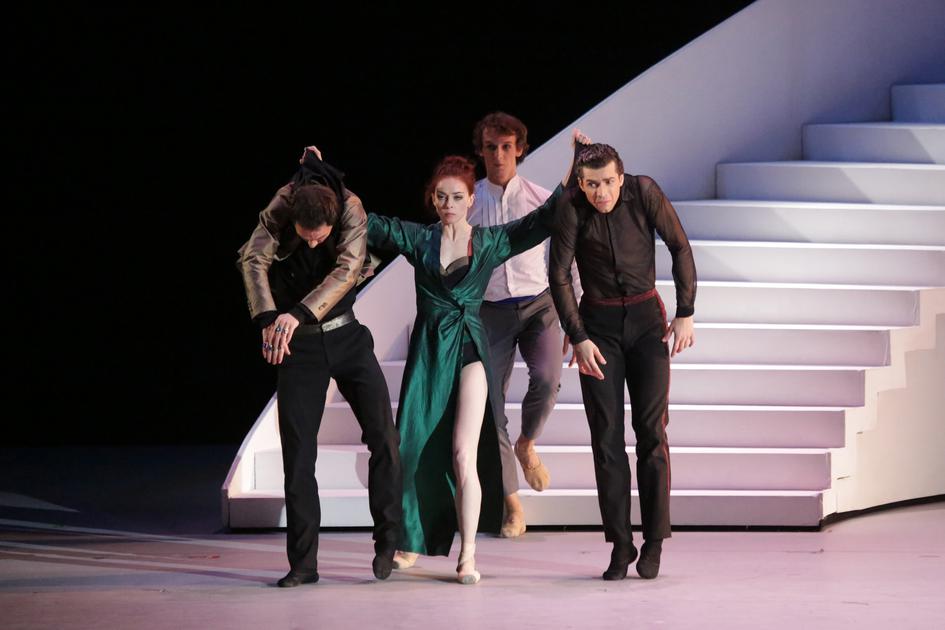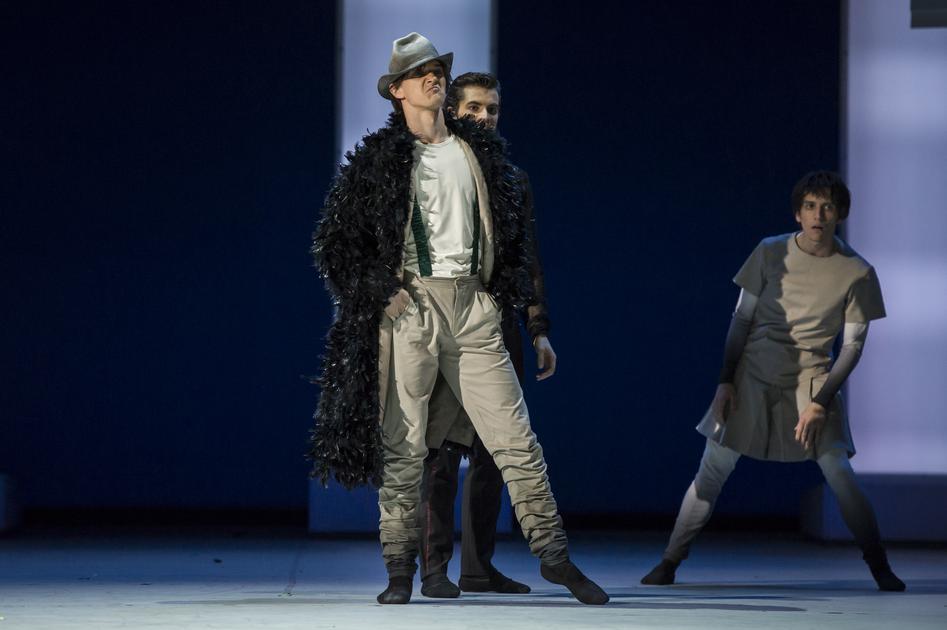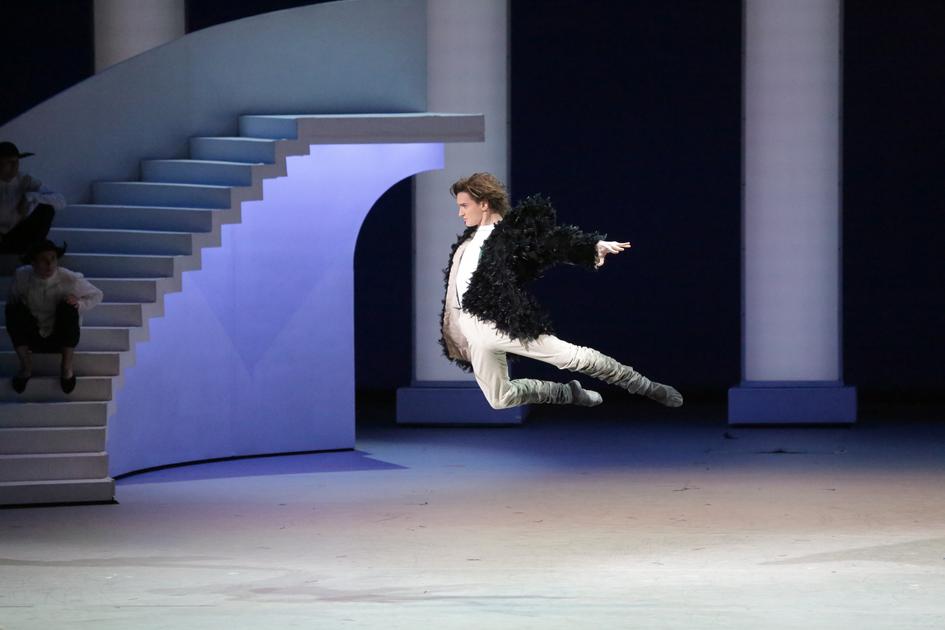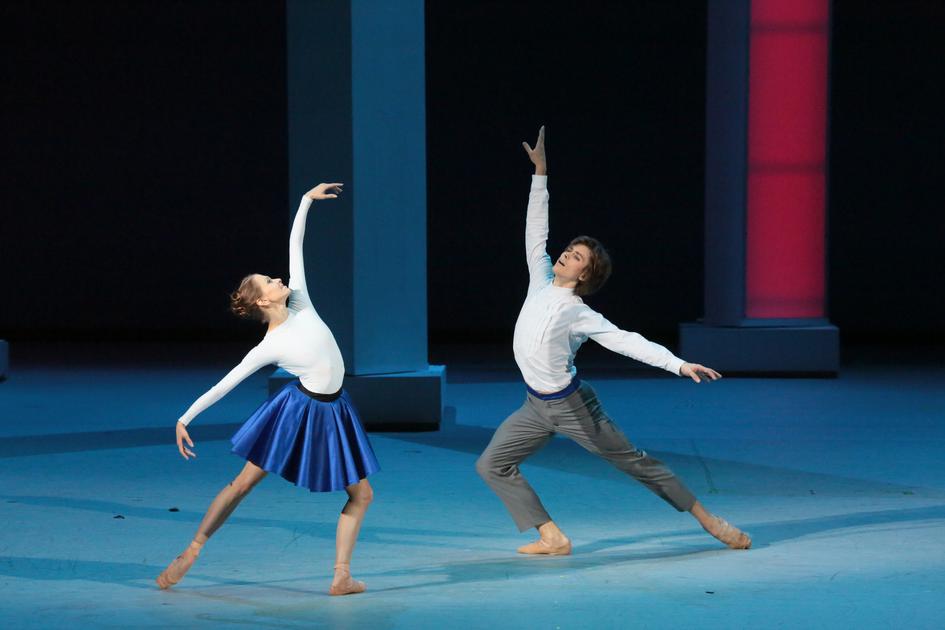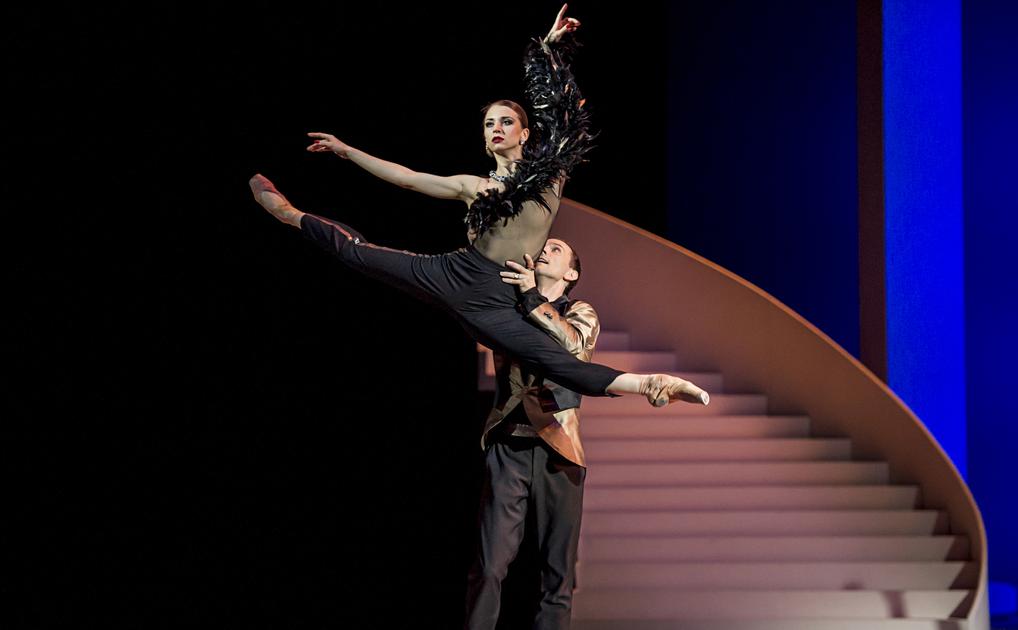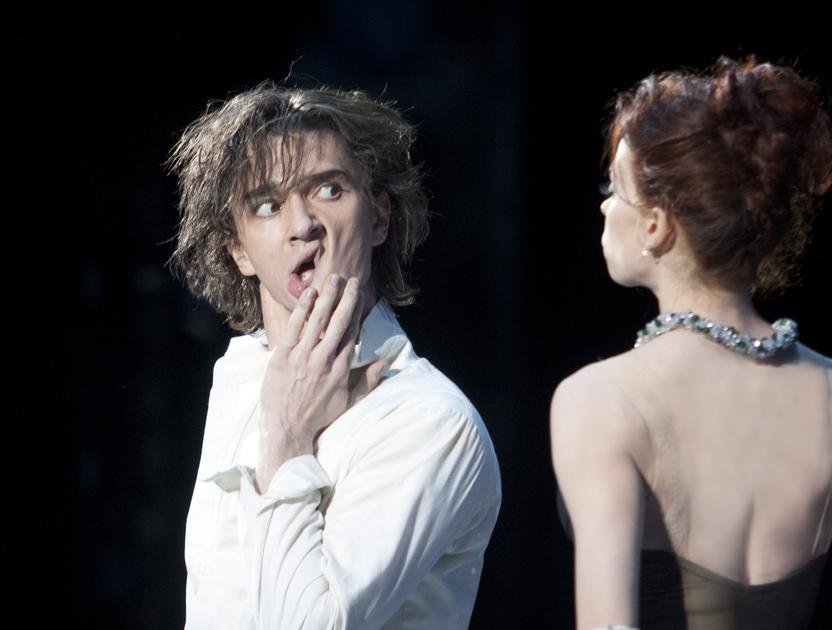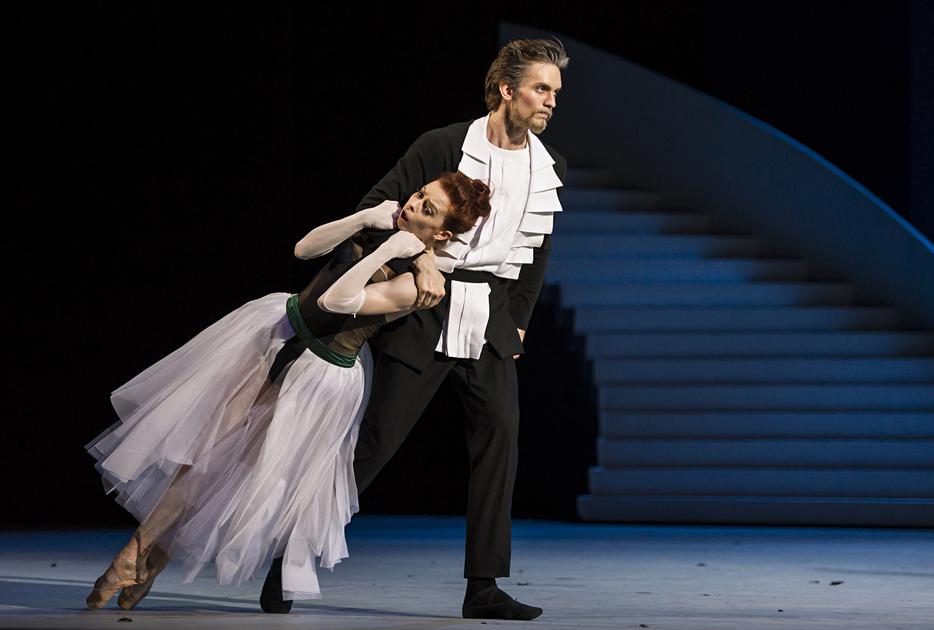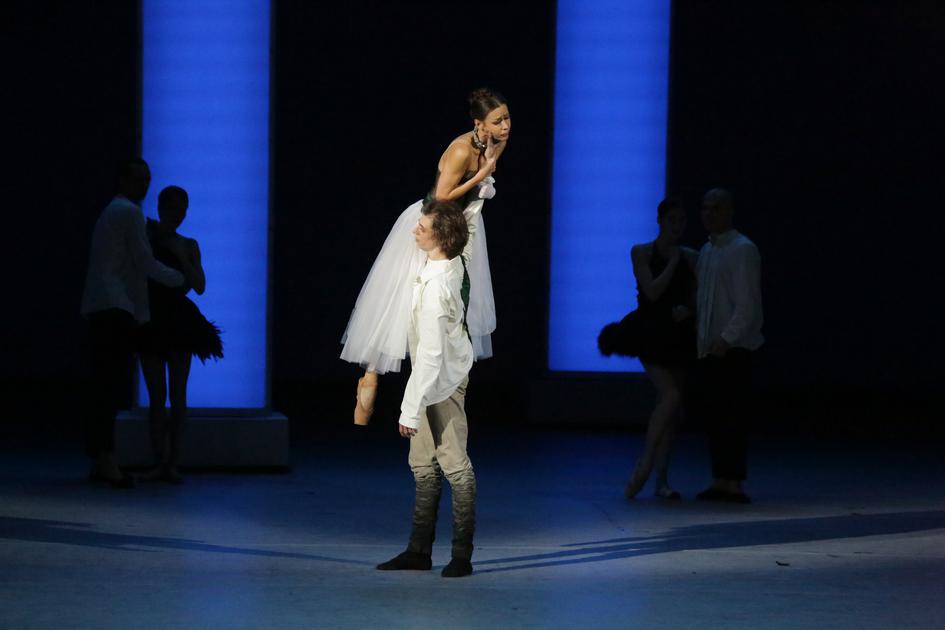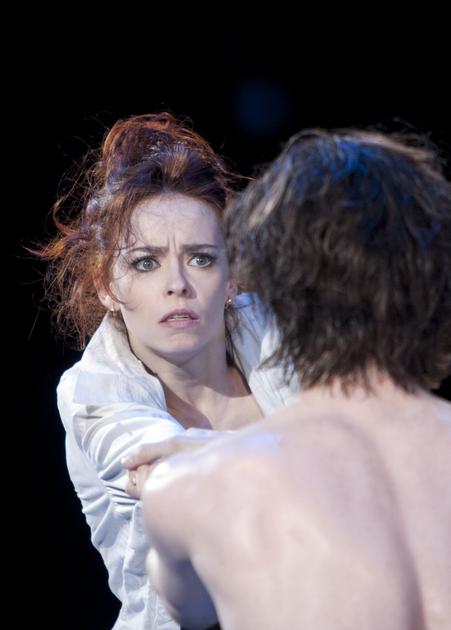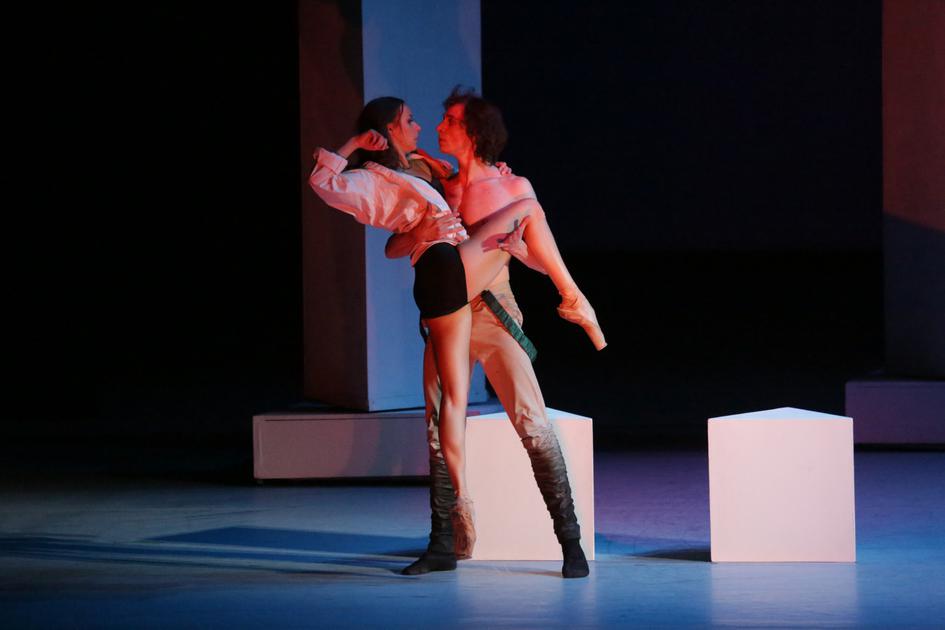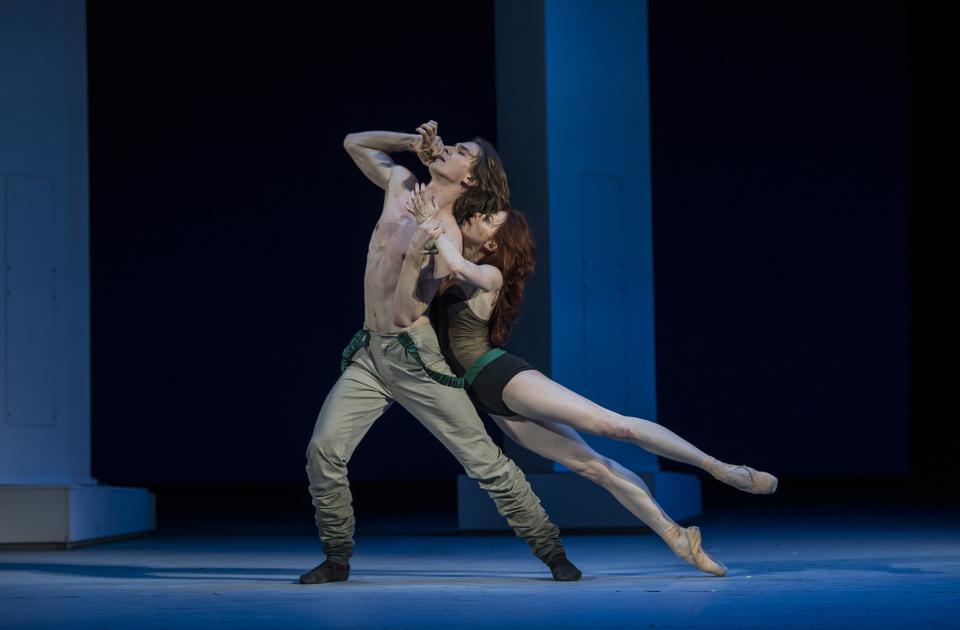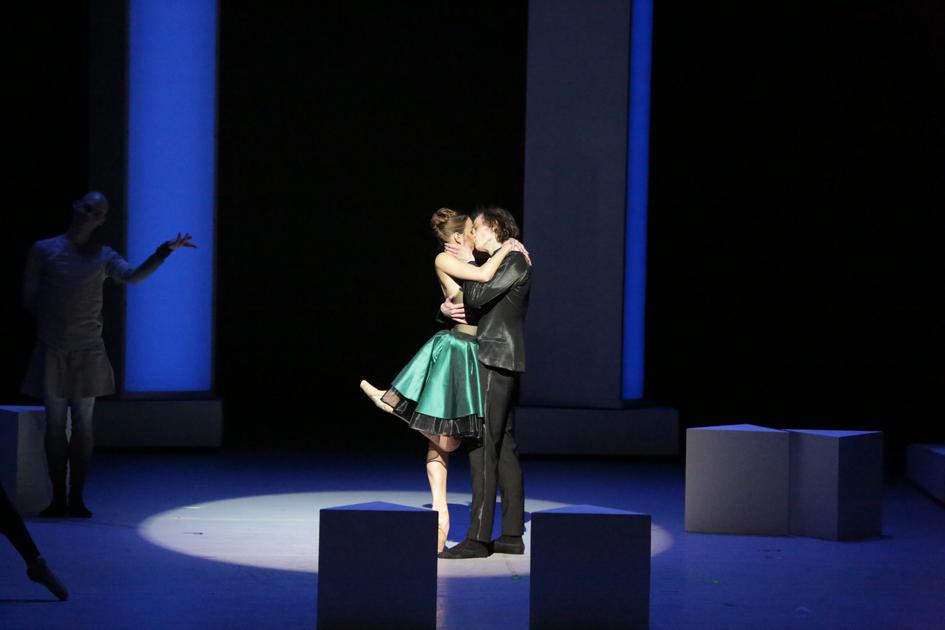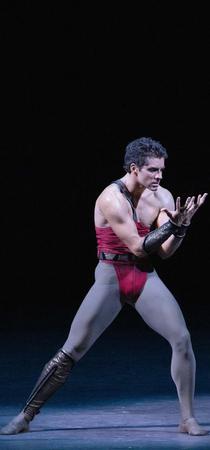
Aram Khachaturyan
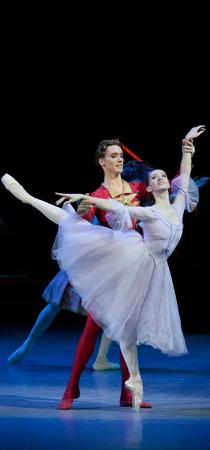
Pyotr Tchaikovsky
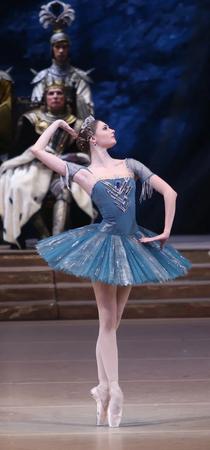
Alexander Glazunov
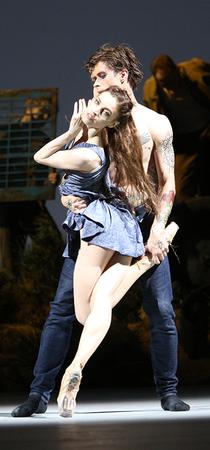
Ilya Demutsky
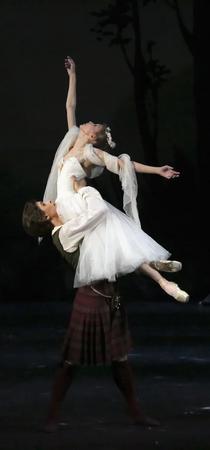
Herman Severin Levenskiold
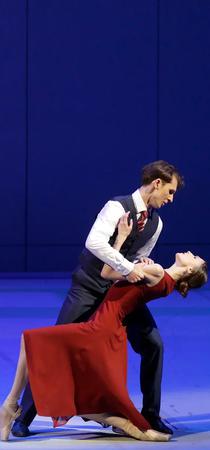
to music by Pyotr Tchaikovsky Alfred Shnitke, Cat Stevens / Yusuf Islam
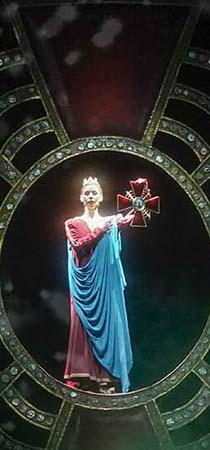
to music by Valery Gavrilin
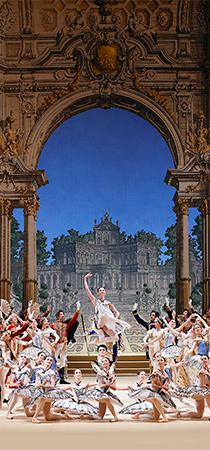
Ludvig Minkus, Edouard Deldevez
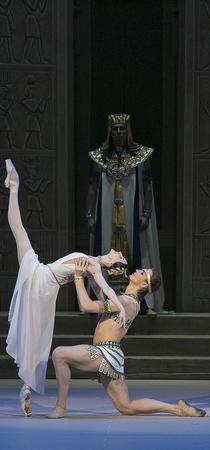
Cesare Pugni
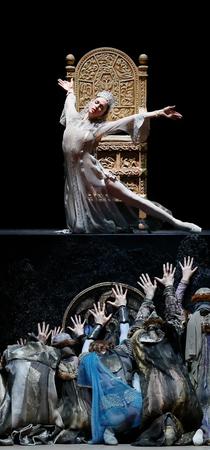
to music by Sergei Prokofiev
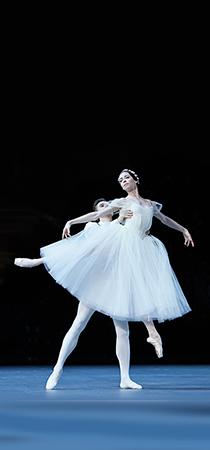
to music by Frederic Chopin
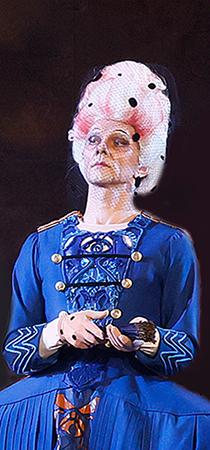
Pyotr Tchaikovsky – Yuri Krasavin
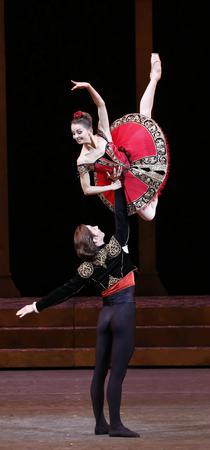
Ludwig Minkus
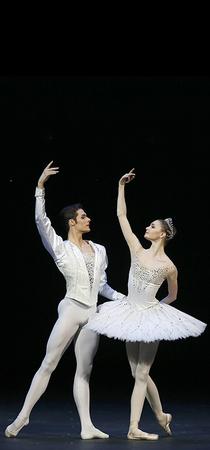
to music by Gabriel Fauré, Igor Stravinsky, Pyotr Tchaikovsky
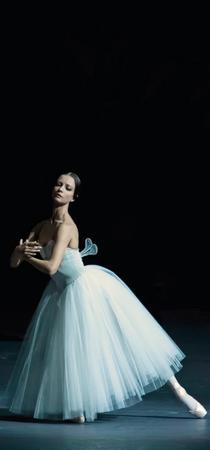
Adolphe Adam
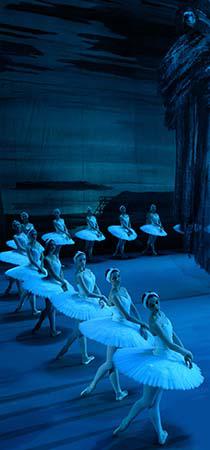
Pyotr Tchaikovsky
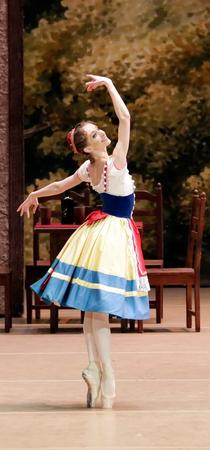
Leo Delibes
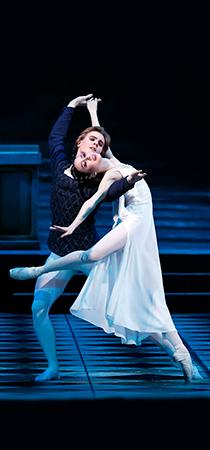
Sergei Prokofiev
Yuri Krasavin
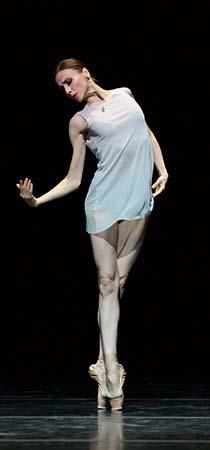
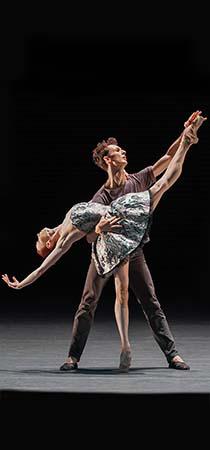
Yuri Krasavin
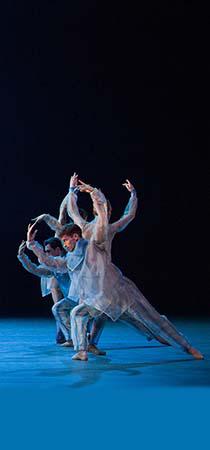
Alexander Glazunov
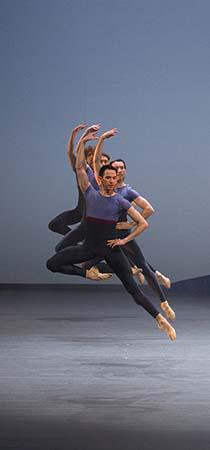
to music by Anatoly Korolyov
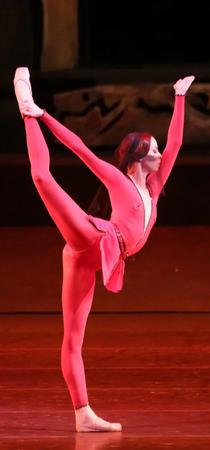
Arif Melikov
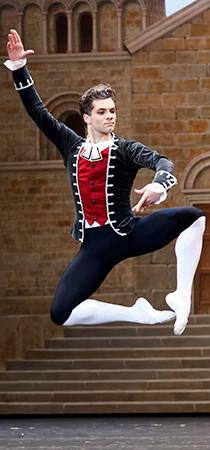
Daniel-François-Esprit Auber
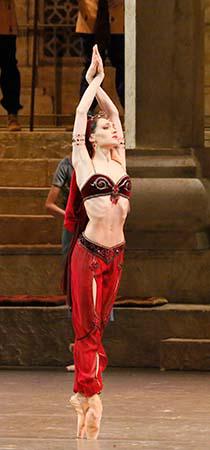
Ludwig Minkus
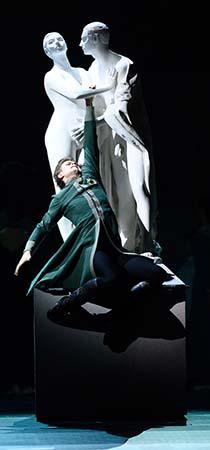
Joby Talbot
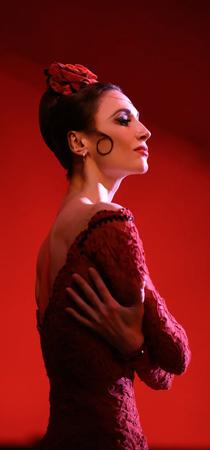
Georges Bizet–Rodion Shchedrin
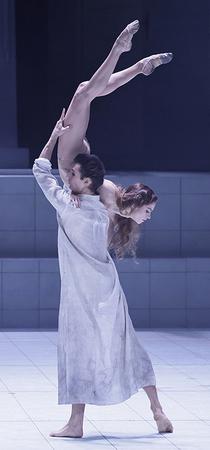
to music by Alfred Schnitke and Milko Lazar
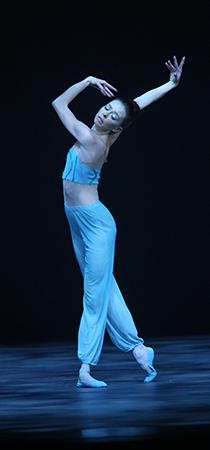
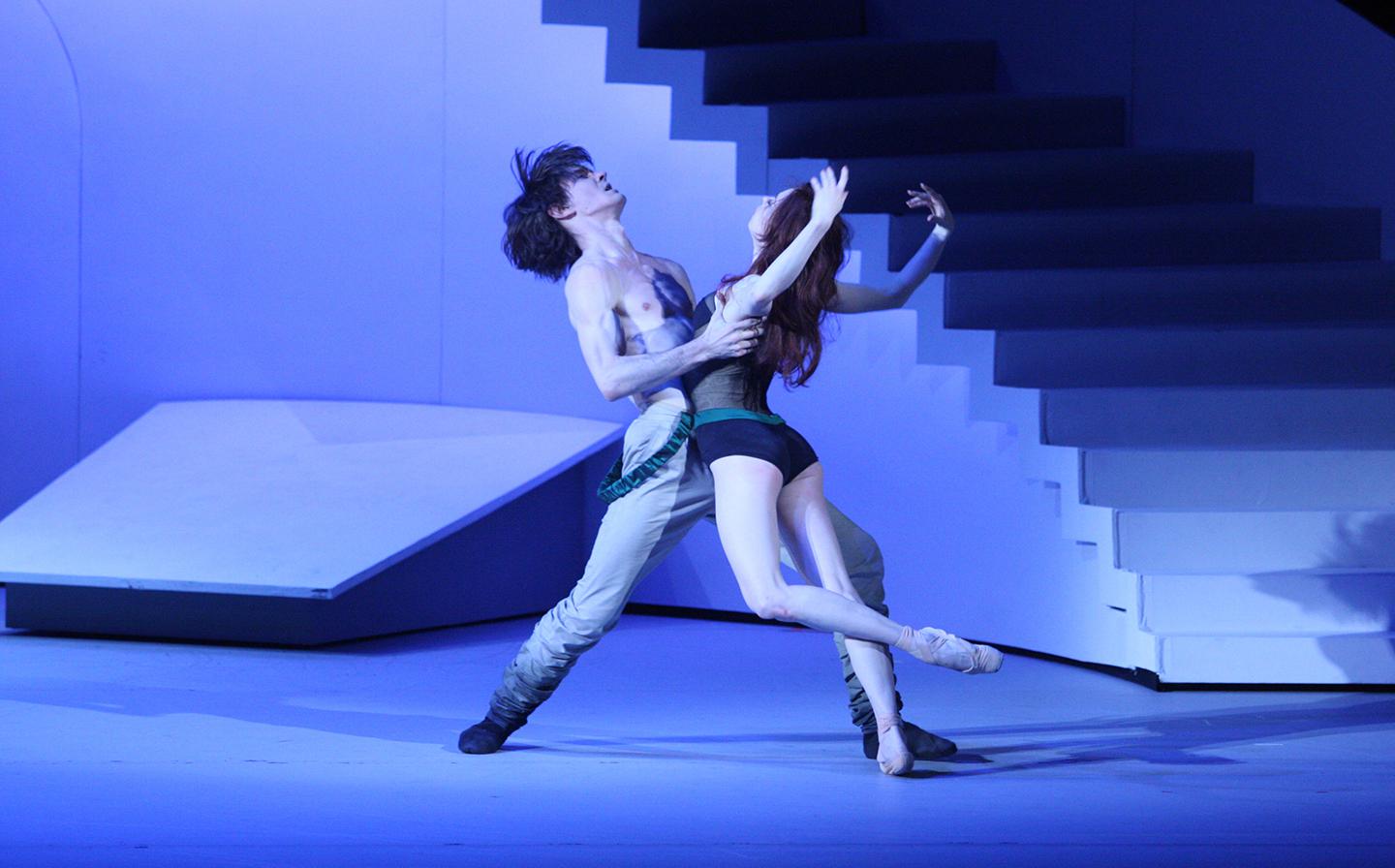
The world premiere of the ballet The Taming of the Shrew in the production by Jean-Christophe Maillot was held on the 4th of July 2014 at the Bolshoi Theatre.
Jean-Christophe Maillot was not the first to be attracted by the idea of bringing the martial characters from the comedy by Shakespeare onto the ballet stage. Amongst his predecessors were Maurice Béjart (his version almost unnoticeably flashed by in the mid 1950s) and John Cranko, whose production became a classic and was shown in various places including the Bolshoi Theatre and until this day has decorated many stages around the world.
Premiered on July 4, 2014.
Thursday, 19:00
Wednesday, 19:00
Tuesday, 19:00
Wednesday, 19:00
Tuesday, 19:00
Wednesday, 19:00
Tuesday, 19:00
Monday, 19:00
Sunday, 14:00
Saturday, 19:00
Saturday, 12:00
Friday, 19:00
Wednesday, 19:00
Tuesday, 19:00
Part I
In the spacious house of the wealthy Baptista, the servants are mocking the masters in their absence: they mimic Baptista, the father, who is struggling to marry his elder daughter — Katharina, a fury — and denying the suitors of the younger one — Bianca, a goody two-shoes — who are required to wait. Baptista returns unexpectedly, putting an abrupt end to the servants’ comedy.
We meet his two daughters. The younger one, Bianca, who is the object of everyone’s attention, is as gracious as her sister Katharina is difficult and ill-tempered: nothing and no one seems to find grace in her eyes, except perhaps her father. She is the Shrew.










